Deep Visual Proteomics (DVP)
DVP is a single-cell spatial proteomics workflow which integrates AI-driven image analysis pipeline for discovering cellular phenotypes, automated single-cell laser microdissection and ultra-sensitive proteomics. DVP is a collaboration between the Novo Nordisk Foundation Center for Protein Researchm University of Coppenhagen, Synthetic and Systems Biology Unit, Biological Research Centre, Single-Cell Technologies Ltd. and Proteomics and Signal Transduction, Max Planck Institute of Biochemistry, Martinsried
Mito-omix: Multiomic database for mitosis
Throughout mitosis, the dividing cells undergo complex structural and functional reorganizations, ensuring precise separation of the replicated sister chromatids, resulting in the formation of genetically identical daughter cells. This fidelity is essential for maintaining genetic stability and preventing abnormalities such as mutations or chromosomal abnormalities that can lead to diseases such as cancer. To better understand the underlying molecular mechanisms of mitosis, we study spatiotemporal organizations of proteins at unprecedented resolution. We create an online platform called Mito-omix that visualizes the intricate morphological and molecular data for the scientific community.
DVP3-5
Cancers are consistently among the leading causes of death, so humanity is devoting enormous resources to understanding and curing this disease. It is therefore crucial to develop new strategies for a deeper understanding of cancer processes and to develop the most accurate, even personalised treatment strategies. To achieve this, we aim to map the morphological and molecular changes at the single cell level.
Spatial single-cell proteogenomics on renal cancer
Renal cancer poses a significant health challenge and has been increasing in prevalence over the past few decades. It presents clinical challenges due to its heterogeneity and resistance to conventional therapies. Investigating its biology can lead to the identification of novel therapeutic targets and personalized treatment approaches tailored to individual patients, potentially enhancing treatment efficacy and reducing adverse effects. In collaboration with the Institute of Pathology and Molecular Pathology, University Hospital Zürich we try to characterize the molecular fingerprints of cellular phenotypes in renal cancer combining pathology-guided AI-based image analysis with single-cell isolation and ultra-sensitive spatially resolved multi-omics.
Tumor-stroma interplay on melanoma
Melanoma ranks among the most lethal and invasive tumors, with rapid metastasis formation underscoring the critical importance of early detection. Understanding its biology, and mechanisms of progression is essential for improving early detection, treatment strategies, and overall patient survival rates. In collaboration with Lund University, Sweden and the Department of Dermatology, Szeged we investigate specific regions within tumors to better understand the interplay between tumor part and the stromal component.
Immune profiling on lung cancer
Lung cancer is one of the leading causes of cancer-related deaths worldwide, with a particularly high mortality rate. It is a heterogeneous disease with various subtypes and genetic alterations. Research on lung cancer biology can uncover the underlying molecular mechanisms driving tumor initiation, progression, and metastasis, leading to the identification of novel therapeutic targets and personalized treatment approaches. In collaboration with the Computational Health Informatics Program, Harvard Medical School, and the National Korányi Institute of Pulmonology we aim to study the immunological landscape of lung cancer with state-of-the-art computational methods and provide insights into the complex interactions between tumor cells, immune cells, and the tumor microenvironment.
Transcriptomic profiling of chronic kidney disease
Chronic kidney disease (CKD) is a global public health issue affecting millions of people worldwide. Biomarkers and molecular signatures associated with CKD progression can help predict disease trajectory and identify patients at high risk of adverse outcomes such as kidney failure or cardiovascular events. In collaboration with Department of Clinical Medicine, University of Bergen, we aim to disentangle the complex mechanism characterizing CKD and to define specific markers potentially useful to predict and monitor the disease, using single-cell whole transcriptome analysis on FFPE sections.
